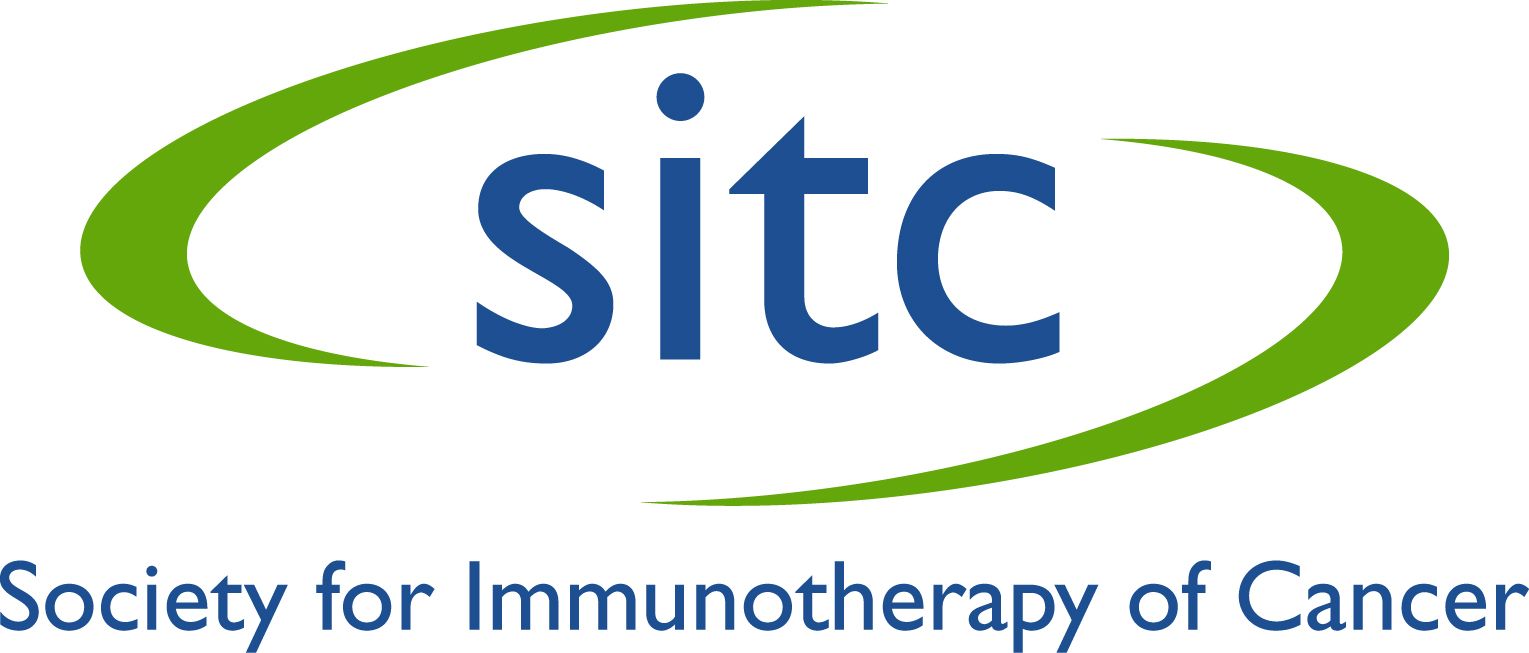
- September 2016
- Volume 10
- Issue 7
Oncology Nurses on the Frontlines of Immunotherapy Care

Cancer immunotherapies continue to show promising clinical outcomes, notably long-lasting remission, for an increasing number of malignancies.
Nearly three decades have passed since the first immunotherapy for cancer was approved by the FDA (BCG for bladder cancer in 1990), yet treatments that engage the immune system to help it identify and reject cancer only recently have begun to achieve widespread recognition.
Broadly, immunotherapeutics can include tumor-targeting antibodies with the ability to eradicate tumor cells or boost anticancer activity by blocking immune cell “off switches,” cancer vaccination strategies that help increase immune recognition of cancer cells, or infusion of immune cells engineered to target and attack malignant cells. Alone and in combination with other treatments, cancer immunotherapies continue to show promising clinical outcomes, notably long-lasting remission, for an increasing number of malignancies. Indeed, hundreds of clinical trials of immunotherapies for cancer are currently underway, and even more effective approaches are anticipated as research and technological capabilities advance.
A Multidisciplinary Team Effort
The emergence of immunotherapy from benchtop to bedside as a potent treatment strategy in the anticancer arsenal means that all members of the cancer care team require the knowledge and skills to incorporate immunotherapy treatment into their clinical practice.
Nurses, in particular, are often charged with managing patients on immunotherapy clinical trials and educating patients about the nature of their disease, available treatment options, and potential side effects.
The Society for Immunotherapy of Cancer (SITC) is a member-driven 501(c)(3) nonprofit professional society dedicated to improving cancer patient outcomes by advancing the science and application of cancer immunotherapy. SITC is addressing the need to provide immunotherapy education for oncology advanced practitioners and nurses in several ways: (1) adding a new membership category; (2) special sessions at the SITC 2016 Annual Meeting, and (3) offering accredited regional education programs.
SITC’s Nurse and Physician Extender membership category was added in an effort to provide resources to all stakeholders in the fight against cancer. Society membership benefits include free or discounted rates on all SITC live education programs, access to the SITC website’s “members only” section which includes slide decks from past live events, patient education resources on immunotherapy, and timely information about what is new and relevant to the field. Members can also take advantage of free article submission to the Journal for ImmunoTherapy of Cancer, SITC’s official open-access, peer-reviewed journal.
Spotlighting Nurse Education
"SITC’s annual meeting and regional programs represent valuable opportunities for oncology nurses seeking to incorporate current immunotherapy treatment guidelines into clinical management of patients.”
—Laura Wood, RN, MSN, OCN,
Cleveland Clinic Taussig Cancer Institute
In line with SITC’s commitment to providing oncology nurses and nurse practitioners with a robust framework for understanding the principles of tumor immunology and cancer immunotherapy as well as opportunities to interact face-to-face with immunotherapy experts at SITC’s 2016 Annual Meeting and Associated Programs (this year to be held November 9-13 in National Harbor, Maryland) will include two CNE-certified sessions for nurses: Tumor Immunology 101 and Clinical Management, presented by oncology physician scientists and nurse clinicians.
The recognized need for continuing education in basic immunology and cancer immunotherapy has driven the popularity of SITC’s regional Cancer Immunotherapy 101 programs, part of the Advances in Cancer Immunotherapy™ series, which have reached 3000 attendees in the past 3 years and are free of charge for SITC nurse members. Further highlighting how Cancer Immunotherapy 101 meets the needs of oncology nurses in this rapidly-evolving field, a survey from the 2015 program series revealed that one-third of practicing nurse attendees had not received previous cancer immunotherapy education, and more than 99% of all responding attendees would recommend the program to others.
SITC’s regional Cancer Immunotherapy 101 programs are specifically designed for the entire medical team involved in treating cancer patients with immunotherapy, including clinical oncologists, nurses, pharmacists, and patient advocates. These introductory CME- and CNE-certified programs provide an overview of basic immunology principles as well as the mechanisms and clinical applications of immunotherapy for 3 common tumor types: melanoma, lung, and genitourinary.
Presented by local experts in the field, these programs facilitate understanding of: (1) basic principles of tumor immunology and cancer immunotherapy; (2) clinical indications for immunotherapy and the appropriate management of patients; (3) emerging concepts and agents in development, and (4) therapeutic effectiveness of immunotherapy to ultimately improve patient outcomes.
Upon completion of this program, participants will be able to: (1) discuss the key mechanisms and terminology of tumor immunology and immunotherapy; (2) describe the role of the immune system in cancer and approaches to immunotherapy; (3) implement immunotherapy treatments for melanoma, lung cancer, and/or genitourinary cancers into clinical practice more effectively through a sound understanding of mechanisms of action, side effects, clinical management, and efficacy of these therapies, and (4) provide appropriate care and counsel for patients and their families.
As an added benefit, the presentations are made available to attendees as a reference following the program. Free patient guides about cancer immunotherapy are available as well to facilitate the discussion about all available treatment options.
Learn More
Upcoming CNE-certified Cancer Immunotherapy 101 regional programs
- Baltimore, Maryland — Friday, September 30
- Portland, Oregon — Thursday, October 13
- Charlottesville, Virginia — Friday, October 14
- Tampa, Florida — Saturday, December 10
SITC 2016 Annual Meeting and Associated Programs
- National Harbor, Maryland — November 9-13
For more information about SITC, including membership, the SITC 2016 Annual Meeting, and the regional Cancer Immunotherapy 101 programs, please visit
Articles in this issue
over 9 years ago
Pain Management for Cancer Survivorsover 9 years ago
On the March: Immunotherapies Advance to Treat More Cancersover 9 years ago
Fast Facts for the Frontline: Immunotherapyover 9 years ago
Cannabis for Oncology Patients: A Clinical Reviewover 9 years ago
Spotlight on Integrative Oncology NavigationNewsletter
Knowledge is power. Don’t miss the most recent breakthroughs in cancer care.





































